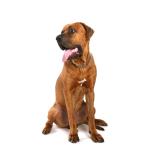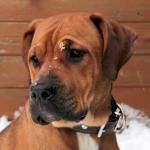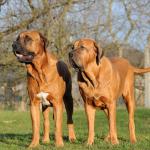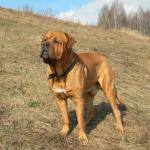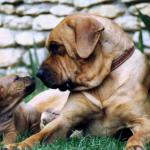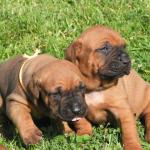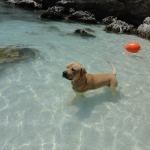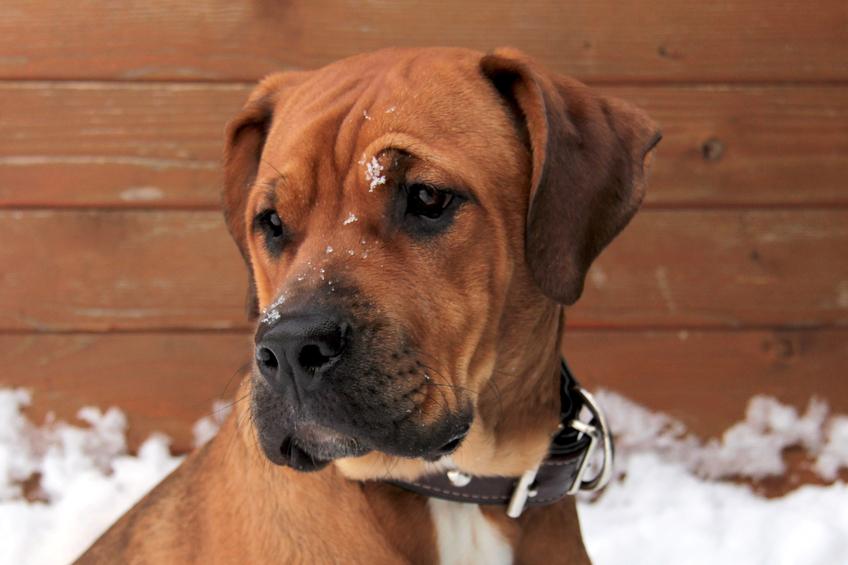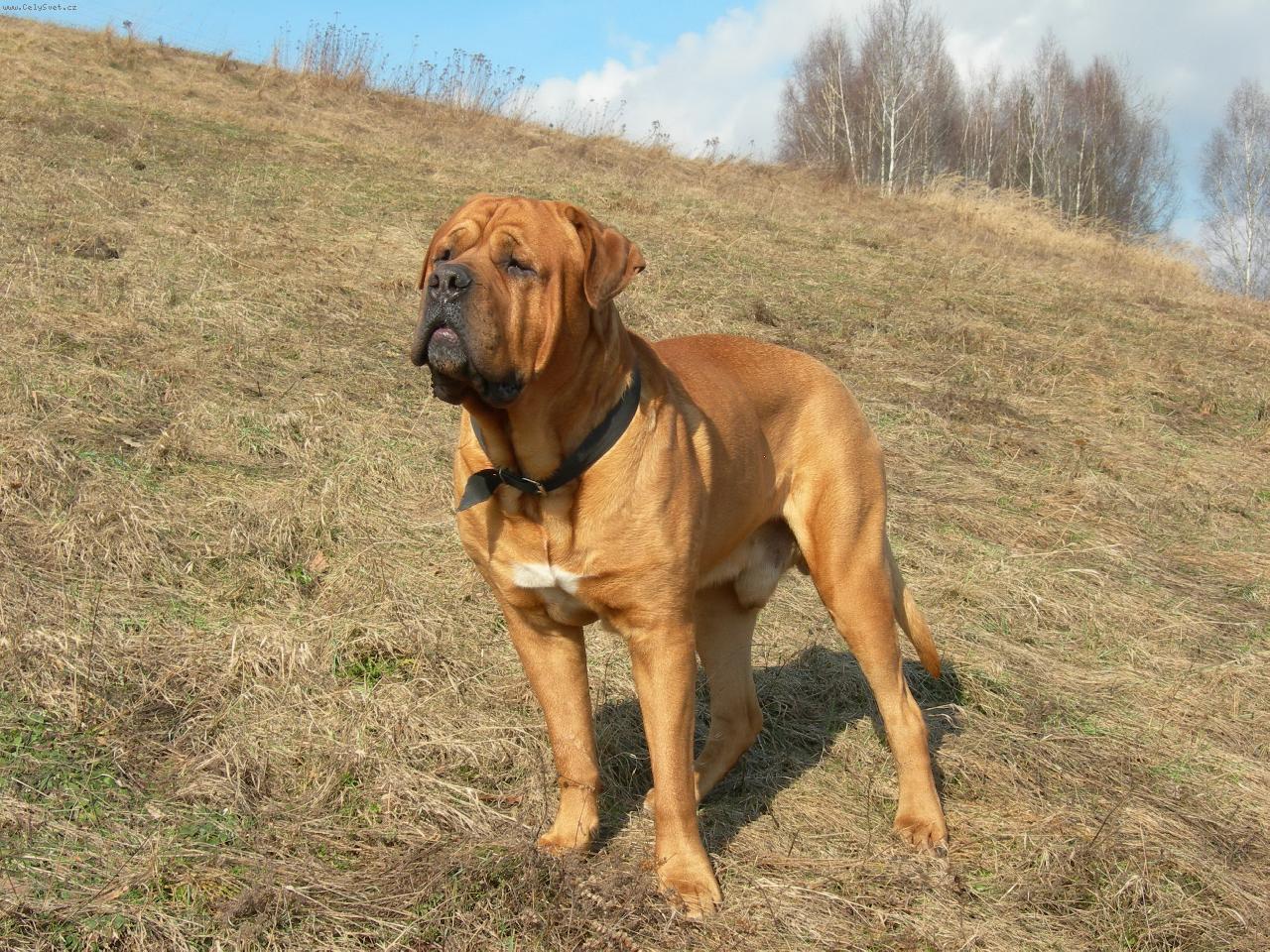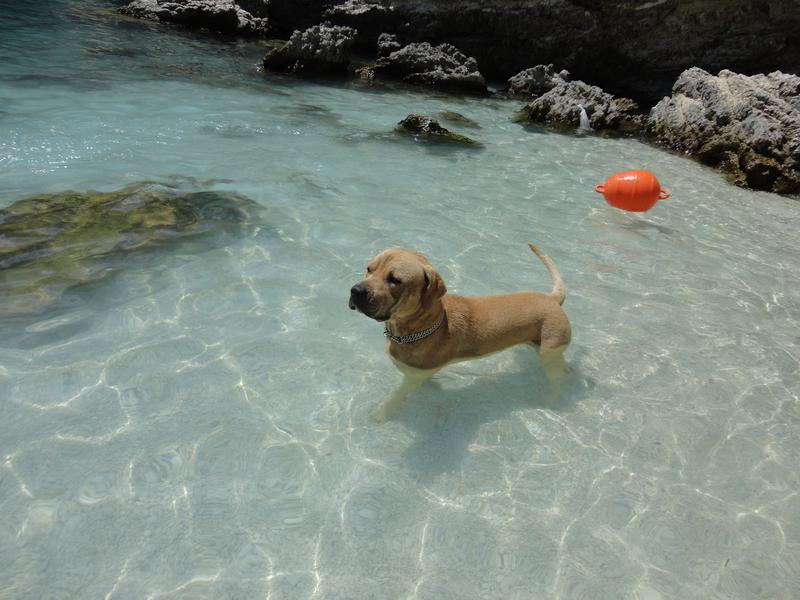Tosa Inu
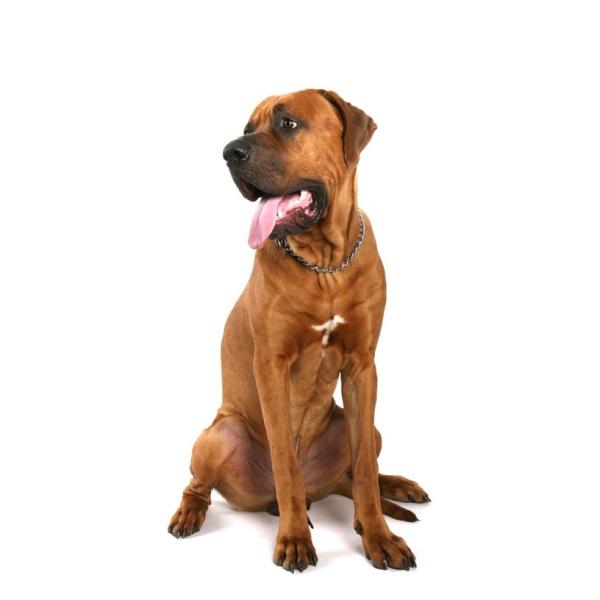
Tosa Inu, also called Japanese Mastiff, is an imposing, beautiful and faithful dog. This large dog can be reserved with strangers but they are very tender and loyal to their human companion.
If you are thinking of adopting a Tosa Inu dog, it will be essential that you inform yourself about their character, care, education and health. This way you will be able to carry out a responsible and conscious adoption. To learn more about the Tosa Inu, keep reading this AnimalWised breed sheet.
- Asia
- Japan
- Group II
- 5-14
- 14-18
- 18-22
- 22-27
- 27-31
- More than 31
- 2-7
- 7-22
- 22-55
- 55-100
- 100-220
- 8-10
- 10-12
- 12-14
- 15-20
- Low
- Meidum
- High
Origin
This breed originated in the ancient Japanese province of Tosa, now called Kochi, as a fighting breed. In Japan, dog fighting has a long history dating back to the 14th century and is considered part of the “culture” of certain provinces.
To develop the Tosa Inu breed, various crossings were made between the Japanese Shikoku-ken dog and six western breeds: English Bulldog, English Mastiff, Pointer, Great Dane, Saint Bernard and Bullterrier. Today, it is believed that the Tosa Inu continues to be used as a fighting dog in some prefectures of Japan clandestinely, but it is also used as a guard dog.
Physical appearance
The Tosa Inu is a large, robust dog with a majestic presence. They weigh between 79 - 134 lbs and stand 24 - 32 inches at the withers. Their naso-frontal depression is somewhat abrupt. Their nose is black and their eyes are small and dark brown. Their ears are small and set high.
Their body is muscular and strong. Their back is horizontal and straight, while their chest is broad and deep. Tosa Inu dogs have a thick tail that is thick at its base and thins out towards the end. Their coat is short, hard and dense. The accepted colors are red, tawny, apricot, black or tabby.
Character
According to the official standard, the Tosa Inu breed has a courageous and patient temperament. They are very loyal dogs that are devoted and affectionate towards their human companion. However when meeting strangers, they tend to be shy and reserved.
Tosa Inu dogs have a great relationship with children. This is probably thanks to their relaxed temperament inside their home and their protective instincts. Some dogs cannot handle the aggressive tugs that children unknowingly do to their dogs, thankfully, that's not the case for Tosa Inu dogs. With that being said, it's important to keep in mind that Tosa Inu dogs are large dogs that may unintentionally hurt small children when running around or playing. This is why, although they're great dogs for children, it's important to always supervise when they are playing.
These dogs are quite friendly with other dogs, so if you already have a dog and you're thinking of adopting a Tosa Inu dog, they will most likely get along well. Just like with any other dog, it's important to socialize them from a young age and monitor when they first meet another dog.
Tosa Inu dogs are recommended for experienced dog companions as they requiere proper training and care. If it's your first time adopting a dog, it would be best to adopt another breed or work with a professional that can guide you through the process.
Care
Thankfully, caring for a Tosa Inu's coat is quite easy as it is a short and stiff coat. It only requieres weekly brushing to keep them free of dead hair and dirt. When it comes to bathing, you can do that every two or three months. However, if they tend to play around outside and get dirty, perhaps it can be a little more frequently.
When it comes to exercise, Tosa Inu dogs will need 2 - 3 walks a day. During which they will interact with other animals, exercise, relax and enjoy the mental stimulation. These dogs will also enjoy short training sessions through positive reinforcement.
Ideally, Tosa Inu dogs will live in a spacious house with a yard. However, it's important to keep in mind that having a big yard is not a substitute for their daily walks. It's simply an addition to their everyday life. With that being said, Tosa dogs can also adapt to living in an apartment as long as they are given the care and exercise they requiere.
Education
The most important part of these dog's training is undoubtedly socialization. We must socialize them with different people, animals and places from a young age. This will help them have a balanced temperament as adults. To learn more we encourage you to read our article on how to socialize puppies.
Tosa Inu dogs are great for obedience training as they have a natural predisposition for these types of activities. It's important to add this into their education as not only do these dogs enjoy this type of cognitive challenge but, when done right, it can create a stronger bond with their human companions. Remember to always train your dog through positive reinforcement. Without proper education, these dogs can develop behavioural problems.
Health
Generally speaking, Japanese bulldogs are in good health and are not particularly prone to common hereditary diseases. However, this depends largely on the genetic line from which they come. This is because just as there are responsible breeders, there are also dog factories that simply seek to profit from the life of these animals. Some of the problems that can affect are:
- Hip dysplasia
- Heat stroke
- Hypertrophic cardiomyopathy
To ensure that you dog is in good health, it's important to visit the veterinarian every 6 months. You must follow their vaccination and deworming schedule on a regular basis. Lastly, keep up with their dental and body hygiene.
Fun fact
Don't forget that the Tosa Inu is a dog considered dangerous in certain countries. Before considering adopting this dog, you should consult the law and applicable regulations of your country.
Tosa Inu photos
